How we work
Our research infrastructures, coordinating activities and key contacts are focused at hub nodes in Edinburgh, Nairobi and Addis Ababa. The nodes are strategically located and allow us to leverage how we work with world-class facilities and expertise to achieve our mission.
Our Nodes
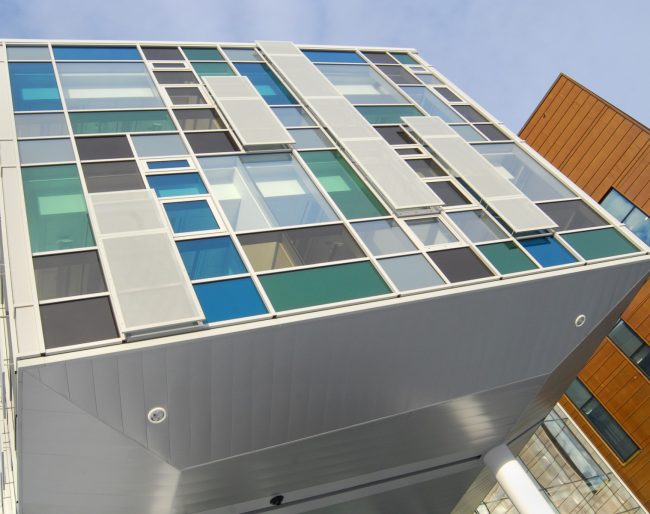
Edinburgh
The CTLGH Edinburgh node, with its institutional links to the University of Edinburgh, Roslin Institute and Scotland’s Rural College, assembles strategic partners and stakeholders representing the highest concentration of expertise in livestock and livestock-based livelihoods anywhere in Europe.
Key contacts
Kellie Watson, Interim Director
Jen Meikle, Centre Operations Manager
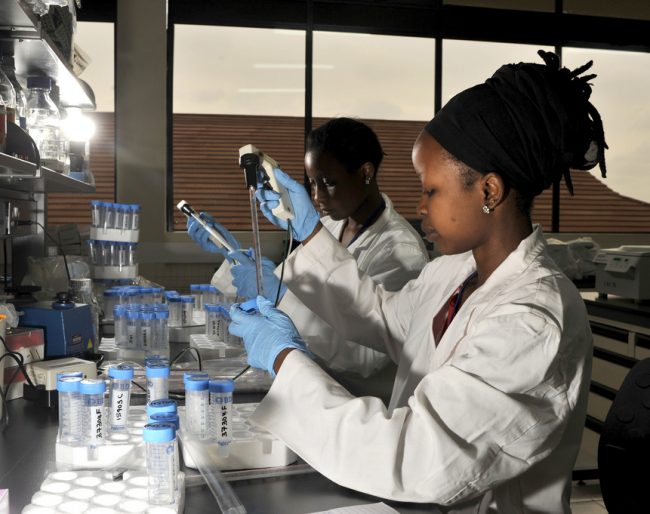
Nairobi
CTLGH maintains laboratory facilities and specialist management resources at the International Livestock Research Institute’s (ILRI) Nairobi campus.
Key contacts
Steve Kemp, CTLGH Deputy Director
Christian Tiambo, Access Benefits Sharing (ABS) Officer
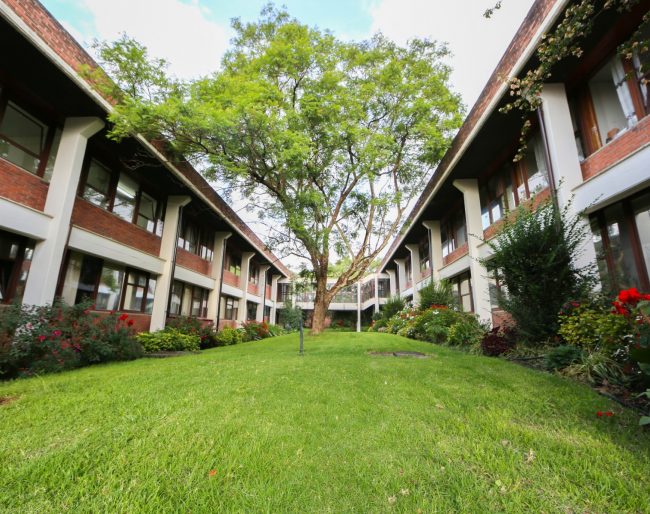
Addis Ababa
CTLGH resources in Addis Ababa are centred on the state-of-the art poultry breeding facility commissioned by ILRI in 2018.
Key contact
Olivier Hanotte, Principal Scientist
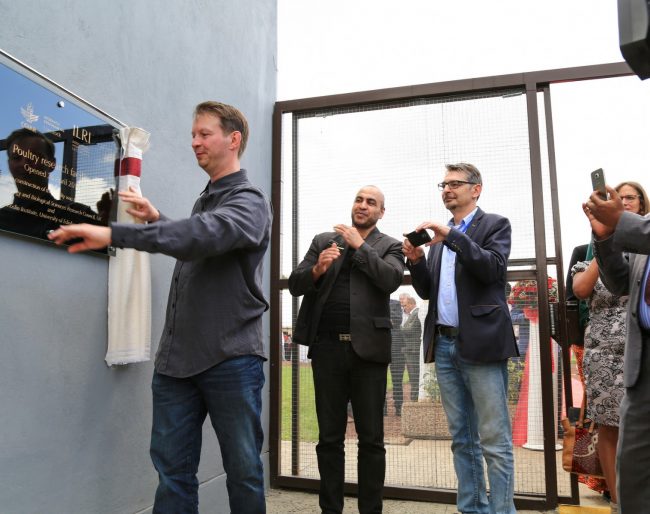
Partnerships
Partnerships are crucial to how we work and to the success of CTLGH and the mobilisation of research and resources to the development and delivery stage. In addition to coordinating the joint research programmes of its strategic partners, CTLGH extends the global reach and impact of tropical livestock genetics and health research by continually identifying, highlighting and partnering with other relevant programmes and institutions focused on diverse livestock species, systems and regions.
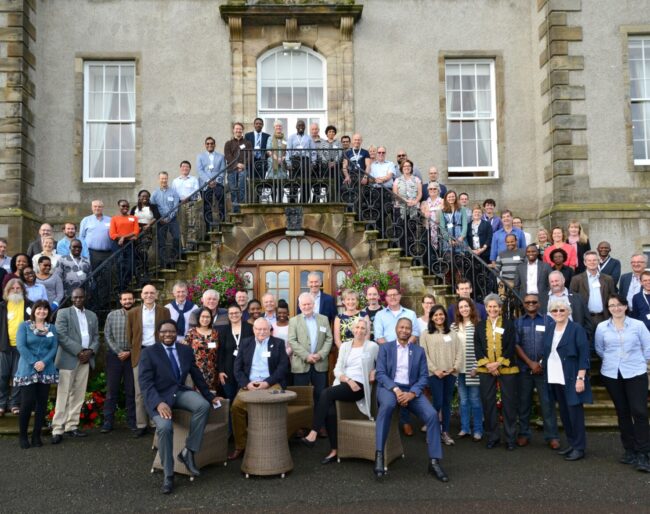
Annual Meetings
CTLGH scientists, collaborators, investors and other stakeholders convene annually to review progress, launch new partnerships and programs and plan the future of tropical livestock genetics and health research, development and delivery.
Since the first meeting in Naivasha, Kenya in 2016, the event has attracted a growing and diverse participant list, and is rapidly becoming a ‘must attend.’